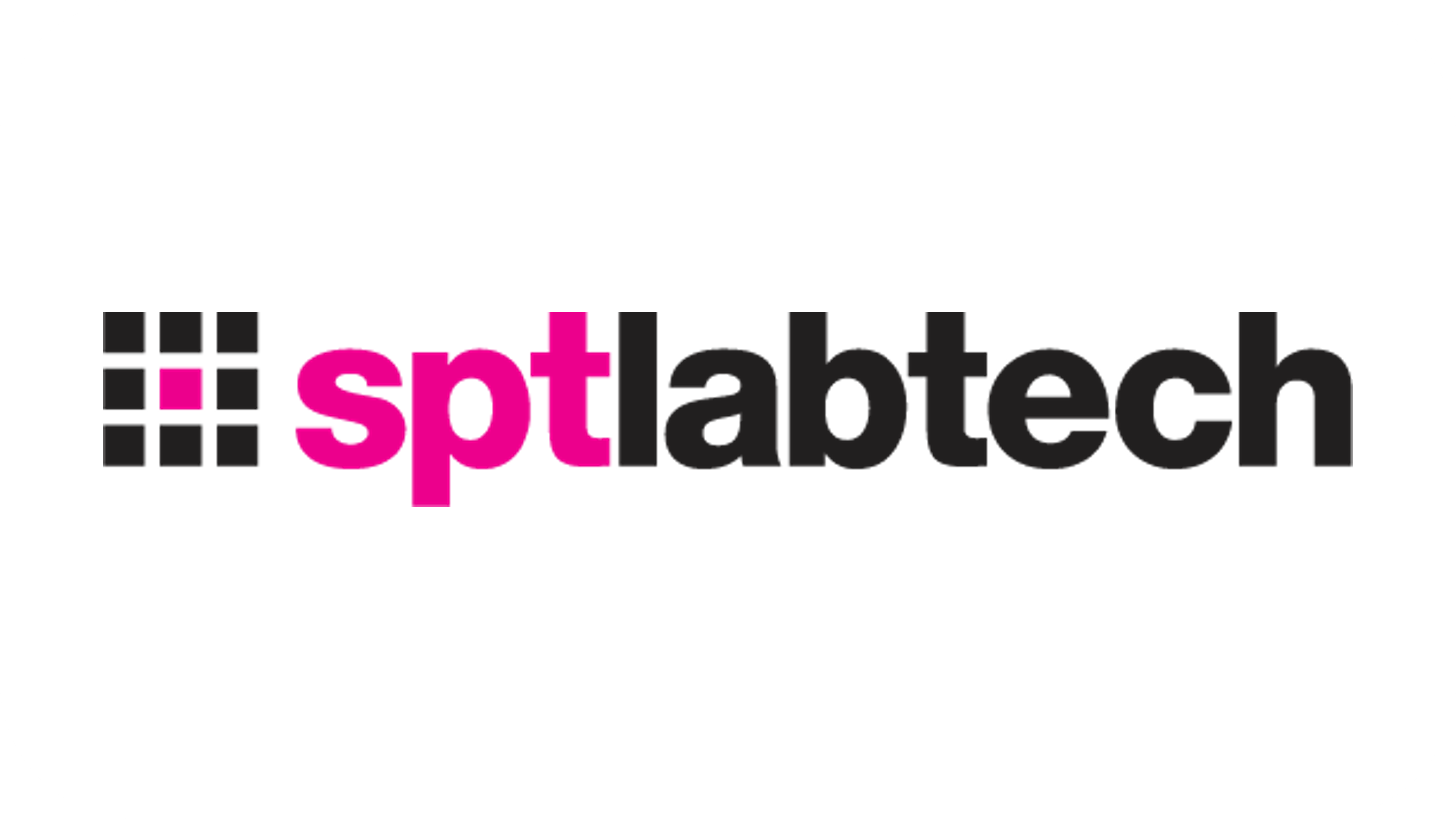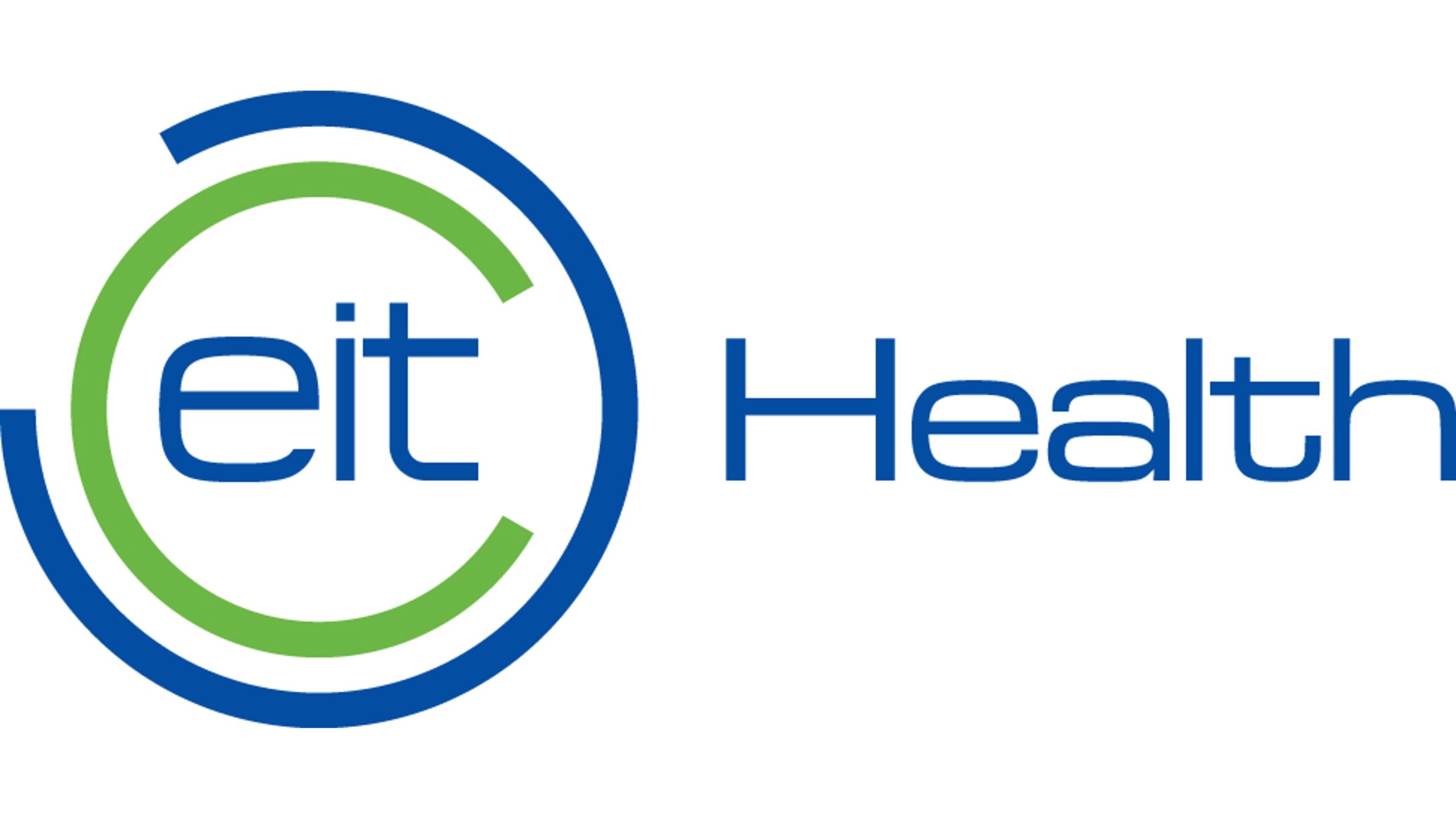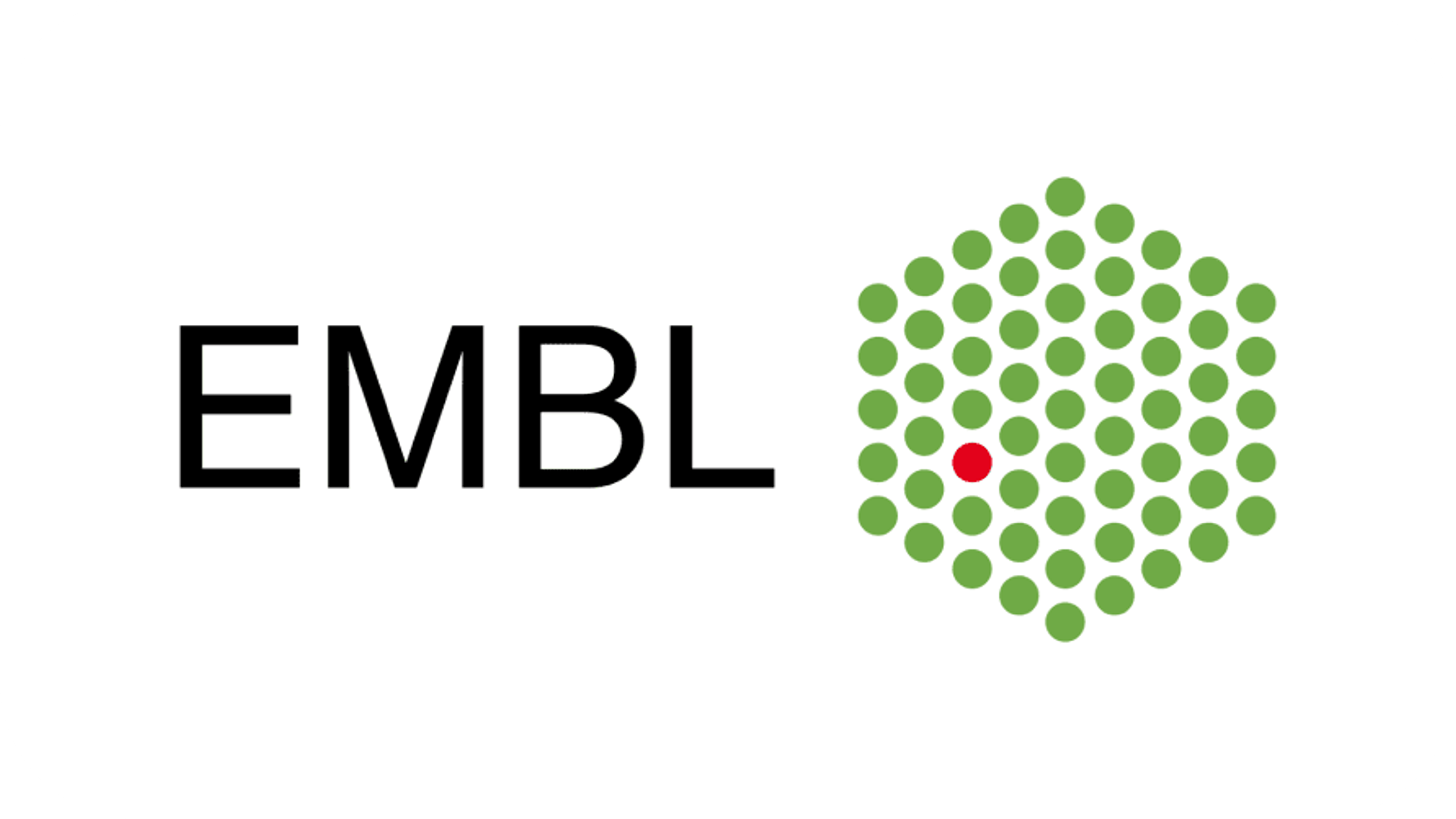Webinar: Advancing in vitro high-throughput transcriptomics for chemical toxicity testing

About this webinar
Toxicity testing is on the cusp of transitioning away from expensive and ethically challenged animal-based methods, towards more efficient alternative approaches. Concurrently, advances in technologies that examine sub-lethal effects on gene expression have led to increased interest in the concept of transcriptomic points of departure (tPODs), or the threshold concentration beyond which a concerted response in gene expression may be expected, indicating the potential for adverse effects at the organismal level.
These concentrations have been found to be lower than (i.e. protective of) benchmark effect concentrations that can cause mortality and reproductive defects. Consequentially, there is growing scientific and regulatory interest in tPODs for applications in chemical screening and prioritization.
Hear from researchers from McGill University, as they present case studies in optimizing and advancing efficient workflows that couple in vitro exposures with ultraplexed library preparation using the QIAseq UPXome RNA Library Kit. This approach has increased the throughput of differential expression and dose-response analysis for tPODs derivation.
Additionally, learn how combining ultraplexed library preparation with mosquito® automated liquid handling has improved efficiency in two ways:
- Shortening the overall library preparation protocol time
-
Reducing reagent usage by a half by miniaturizing protocol volumes




